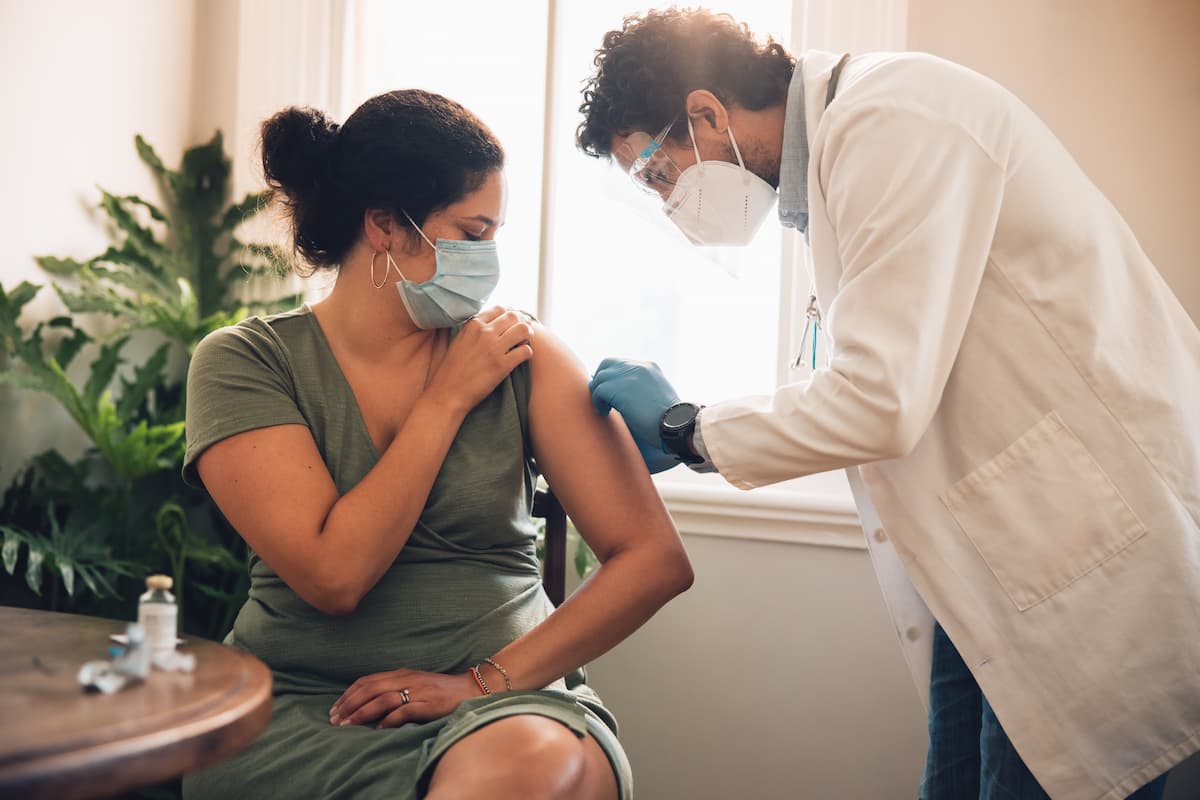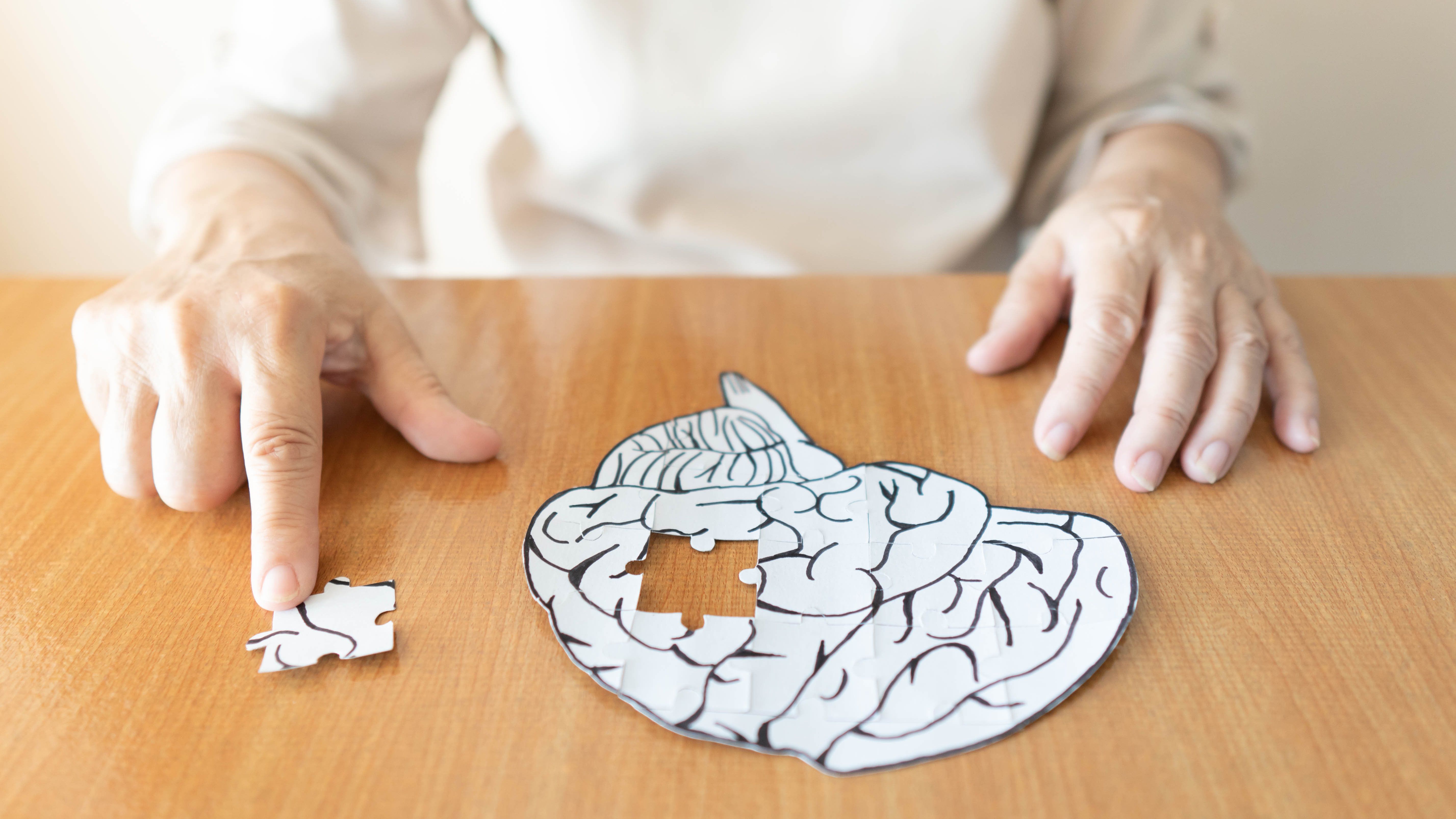About the Study
Trial Name: A Dose-Finding Study of MM-120 (LSD D-Tartrate) for the Treatment of Anxiety Symptoms
ClinicalTrials.gov ID: NCT05407064
Sponsor: Mind Medicine, Inc
Completion Date (Actual): November 27, 2023
News
Article
Author(s):
LSD d-tartrate (MM-120) showed rapid improvements in patients with generalized anxiety disorder by day 2 of the study.
The FDA has granted breakthrough therapy designation (BTD) to lysergide (LSD) d-tartrate (MM-120; Mind Medicine [MindMed]) for the treatment of generalized anxiety disorder (GAD). The clinical research that led to the breakthrough therapy designation of LSD d-tartrate did not provide patients with psychotherapy assistance for the duration of their participation in the study, the inclusion of which has been a more traditional model for psychedelic medicine investigation, as can be seen in the new drug application for midomafetamine capsules (MDMA; Lykos Therapeutics) to the FDA.1
Specifically, LSD is a synthetic ergotamine and is considered a serotonergic psychedelic, or classic psychedelic. LSD acts as a partial agonist at human serotonin-2A (5-hydroxytryptamine-2A) receptors. LSD d-tartrate is the tartrate salt form of LSD, and MindMed is exploring its use for treating GAD and other serious brain health disorders.1
“The FDA's designation of LSD [d-tartrate] as a breakthrough therapy, the 5th investigational psychedelic medicine to receive this acknowledgement, and the 2nd in 2 weeks alongside Cybin's deuterated psilocybin, marks a clear signal of the agency's opinion that psychedelic medicines have the potential to provide substantial improvements over available psychiatric therapies,” said Kevin Lanzo, PharmD, president of the Psychedelic Pharmacists Association, in an interview with Pharmacy Times. “MindMed's unique approach, which minimizes psychological support as compared to other companies developing psychedelics, has significant implications for the economics and scalability of the psychedelic treatment paradigm.”
The FDA’s BTD process is designed to expedite the review process of drugs. Following BTD, the FDA becomes more involved in the phase 3 trial design, which can help to reduce the drug development timeline. BTD is specifically given to drugs intended to treat a serious condition with preliminary clinical evidence showing the drug may demonstrate substantial improvement over available therapies.2
Trial Name: A Dose-Finding Study of MM-120 (LSD D-Tartrate) for the Treatment of Anxiety Symptoms
ClinicalTrials.gov ID: NCT05407064
Sponsor: Mind Medicine, Inc
Completion Date (Actual): November 27, 2023
The phase 2b MMED008 trial of LSD d-tartrate in GAD was a multi-center, parallel, randomized, double-blind, placebo-controlled, dose-optimization study. The trial included 198 individuals who were randomized to receive a single administration of LSD d-tartrate at a dose of 25 µg, 50 µg, 100 µg, or 200 µg, or placebo. Patients included in the trial were clinically tapered and then washed out from any anxiolytic or antidepressant treatments.1
The phase 2b trial met its key secondary end point, with 12-week data showing clinically and statistically significant durability. The primary end point of the trial was also met at week 4, at which time the data showed LSD d-tartrate had rapid, clinically meaningful, and statistically significant improvements based on the Hamilton Anxiety rating scale (HAM-A) when compared to placebo.1
“I’ve conducted clinical research studies in psychiatry for over 2 decades and have seen studies of many drugs under development for the treatment of anxiety. That [LSD d-tartrate] exhibited rapid and robust efficacy, solidly sustained for 12 weeks after a single dose, is truly remarkable,” said MMED008 study investigator David Feifel, MD, PhD, professor emeritus of psychiatry at the University of California, San Diego and director of the Kadima Neuropsychiatry Institute in La Jolla, California, in a press release. “These results suggest the potential [LSD d-tartrate] has in the treatment of anxiety, and those of us who struggle every day to alleviate anxiety in our patients look forward to seeing results from future phase 3 trials.”
Furthermore, LSD d-tartrate at 100 µg, which is the dose found to have optimal clinical activity during the trial, showed a 7.7-point improvement over placebo at week 12 (-21.9 LSD d-tartrate vs -14.2 placebo; p<0.003 Cohen’s d=0.81), with a 65% clinical response rate and a 48% clinical remission rate sustained to week 12. Additionally, based on the Clinical Global Impressions - Severity (CGI-S) scores, patients were found to improve from 4.8 to 2.2 in the 100-µg dose group on average, which represents a shift in CGI-S scores from ‘markedly ill’ to ‘borderline ill’ at week 12 (p<0.004). Further, this shift was observed to occur rapidly as early as day 2 of the study, with further improvements observed in mean HAM-A or CGI-S scores between weeks 4 and 12.1
Currently, there is a significant unmet need in the treatment of GAD for patients, which is especially true for patients who do not respond to or tolerate medicines currently on the market. Because of this significant need, along with the phase 2b clinical data, the FDA designated LSD d-tartrate as a breakthrough therapy for GAD. In the first half of 2024, MindMed will meet with the FDA for an end-of-phase 2 meeting and will initiate a phase 3 clinical program in the second half of 2024.1
“The FDA’s decision to designate [LSD d-tartrate] as a breakthrough therapy for GAD and the durability data from our phase 2b study provide further validation of the important potential role this treatment can play in addressing the huge unmet need among individuals living with GAD,” said Robert Barrow, chief executive officer and director of MindMed, in a press release.1
In the MMED008 study, LSD d-tartrate was generally well-tolerated by patients with most adverse events (AEs) rated as mild to moderate, transient, and occurring on dosing day. Further, these AEs were found to be consistent with LSD d-tartrate’s expected acute effects. The most common AEs (occurring with at least 10% incidence in the high dose groups) on dosing day included illusion, hallucinations, euphoric mood, anxiety, abnormal thinking, headache, paresthesia, dizziness, tremor, nausea, vomiting, feeling abnormal, mydriasis and hyperhidrosis.1
“Given LSD [d-tartrate]'s extended duration of effect (approximately 6-12 hours), and the high cost of therapist/facilitator hours, this approach could ameliorate the resource burden on patients and clinics. Perhaps the most significant bottleneck for the adoption of psychedelic therapies will be the training of facilitators, so we may see this FDA endorsement impact other companies' clinical development plans,” Lanzo said to Pharmacy Times. “Clinicians should reserve their judgement until more data is made available on long-term patient safety and efficacy with reduced psychological support."
Stay informed on drug updates, treatment guidelines, and pharmacy practice trends—subscribe to Pharmacy Times for weekly clinical insights.

FDA Grants Full Approval to mRNA-1273 COVID-19 Vaccine in Children at Increased Risk

Donanemab-Azbt Receives FDA Label Update With New Dosing for Alzheimer Disease